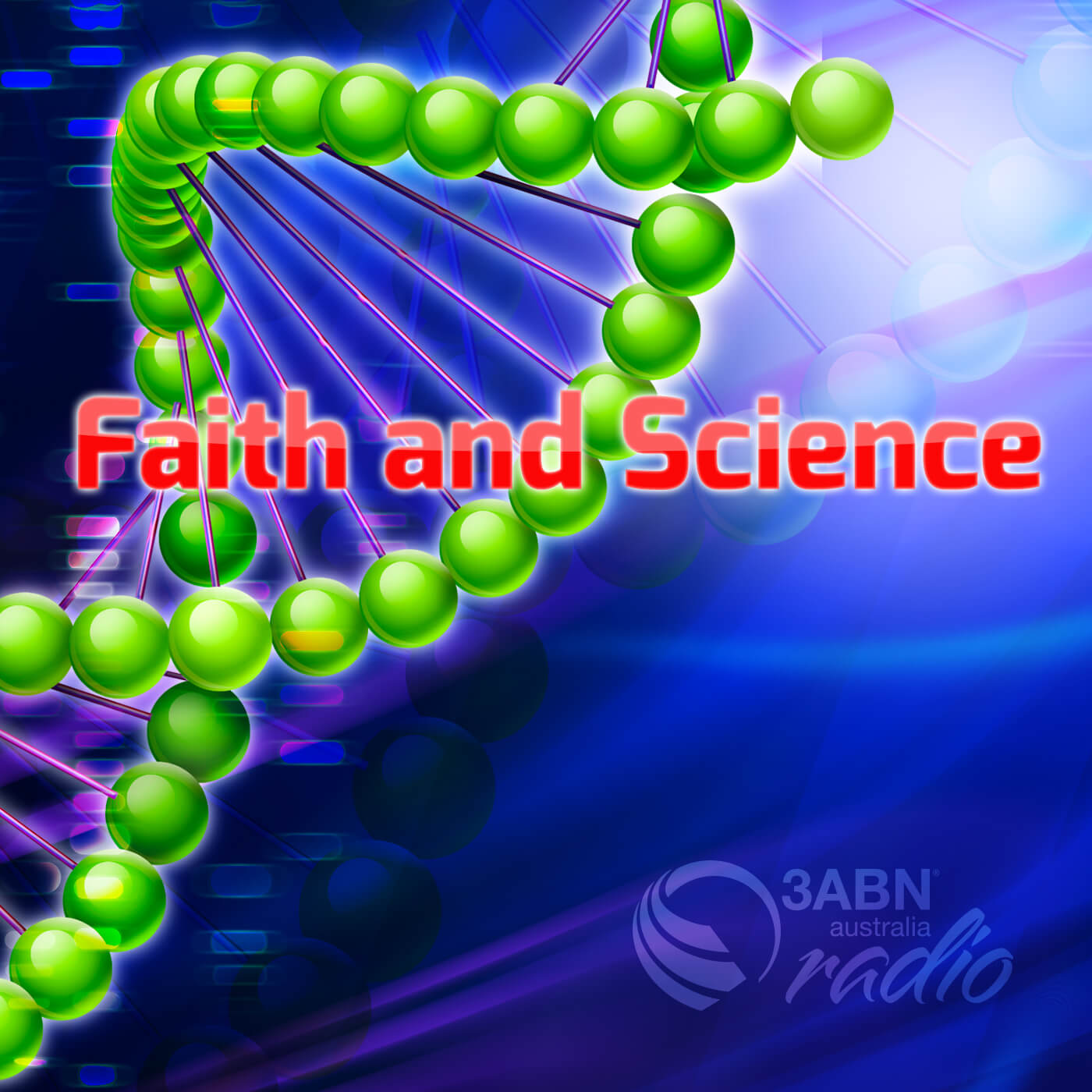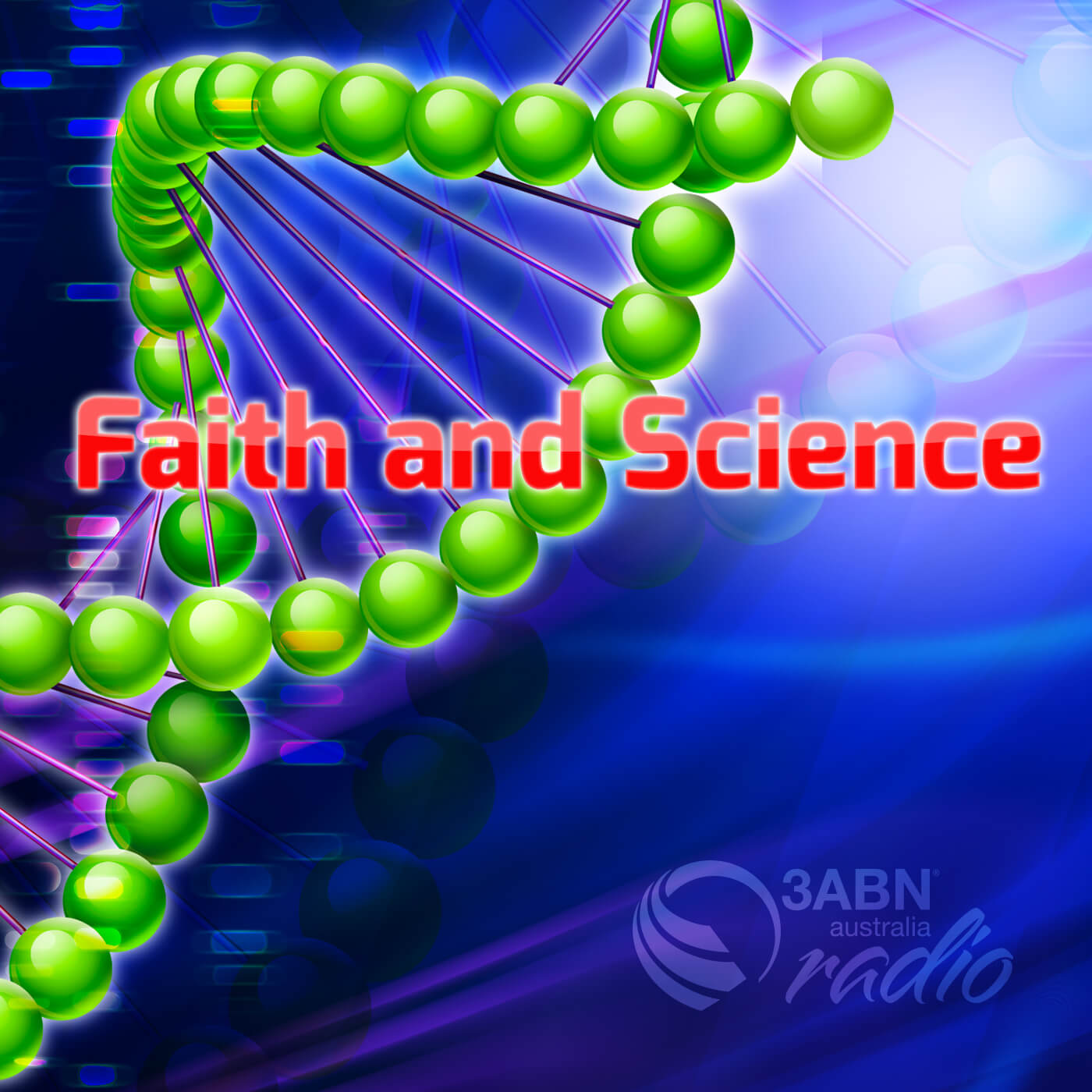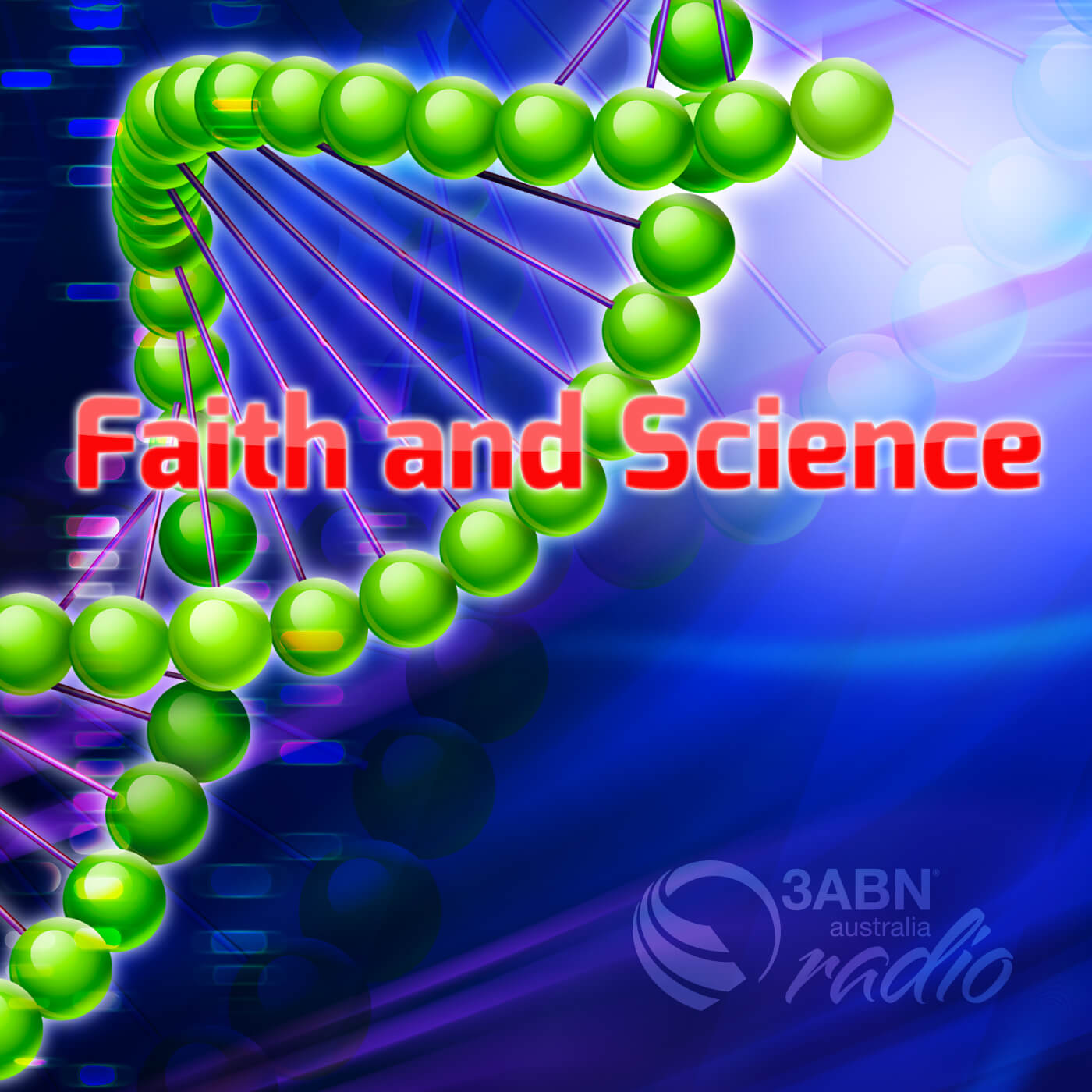Episode Transcript
Welcome to faith and science. I'm Doctor John Ashton. When I was at uni in the mid 1960s, I was very interested in physics.
I really enjoyed physics and applied mathematics. And I remember that in second year, one of the textbooks that we had in applied mathematics was called electricity by Ca Coulson. Ca Coulson was a professor of applied mathematics at Oxford University at the time, and he was an eminent Methodist.
It was interesting that while he'd written and published over 150 research papers, chiefly in the fields of quantum theory, theoretical chemistry, one of his greatest interests lies in the relation of science and religion. And he wrote this book called Science and Christian Belief. It's a very interesting book.
One of the things that he points out in this book is that one of the things that underpins science presuppositions, and those presuppositions are actually based on the christian worldview. And it is the adoption of these suppositions that has led to the greatest advances in science, particularly in the west. And he talks about how there were many misunderstandings, that people really don't have a clear understanding of the role Christianity has played in the advanced advancement of science.
And this is a great shame, because we've removed the studies of Christianity, particularly from our secular curriculum, thinking that, no, we don't want people to know about God. We have to be completely neutral on this. And this is really silly.
And it's interesting that Coulson talks about, certainly people that raised this issue were am Whitehead, one of the great polymaths of the early 19 hundreds, but also Michael Polanyi. Now, most of us probably haven't heard of Michael Polanyi, but he was a hungarian physical chemist, and he is responsible for quite a number of theories in science. As a matter of fact, two of his students won Nobel prizes, and one of his sons won a Nobel Prize.
And Polanyi was born in a jewish family, but later became Christian, a very strong supporter of Christianity. And in 1946, he gave at the time what was a famous lecture called science, faith and society. And he opened his talk with these words.
He said, I shall re examine here the suppositions underlying our belief in science, and propose to show that they are more extensive than is usually thought. They will appear to coextend with the entire spiritual foundations of man and go to the very root of his social existence. Hence, I will urge our belief in science should be regarded as a token of much wider convictions.
And it's interesting that Coulson, after quoting that, goes on to say the greater part of our schoolboys acceptance of science and rejection of religion springs from his unexamined belief that science accepts no presuppositions and must therefore be superior to a Christianity which is overloaded with them. Yet this view is wholly wrong. Now, unfortunately, this is the view that has permeated the people that are largely responsible for our education today.
They think, again, that, you know, science has disproved God, for example. And this is something that these brilliant scientists like Coulson and Polanyi point out, that this is very, very wrong. It's interesting, too, that a little further on, Coulson goes on to, you know, talk about some of the greatest discoveries in science have been underpinned by the fact that the scientists at the time believed that nature was going to be ordered, was going to follow systematic laws, just like there are the moral laws of the Ten Commandments.
So there would be the laws in nature. And it's interesting that, for example, some of the considerations of these laws give rise to this knowledge, that, for example, the laws should be fairly straight forward and follow, for example, mathematical principles. Again, one of the great christian scientists, James Clerk Maxwell and Ca Coulson, says, to whom we owe the systemization of electricity and magnetism, had on one occasion, verified a certain law, Ohm's law, to an exceedingly high degree of accuracy.
And this gave rise to his famous comment. So this is Clark Maxwell's comment, and, of course, Clark Maxwell's another great physicist, who demonstrated that light was a combination of electric and magnetic fields, and a very strong Christian in the late 18 hundreds, who very strongly opposed, for example, the development of the theory of evolution. Arguing, for example, could atoms evolve? But anyway, Maxwell goes on to write, it is seldom, if ever so searching.
A test has been applied to a law which was originally established by experiment, and which must still be considered a purely empirical law, as it has not hitherto been deduced from fundamental principles of dynamics. But the mode in which it has borne this test not only warrants our entire reliance on its accuracy, but encourages us to believe that the simplicity of an empirical law may be an argument for its exactness. And that's why Einstein actually, again, referred to this fact of the evidence of simplicity of these laws in nature verifies to the fact that they're not likely to be the chance of random, blind chance actions in nature.
It's interesting that ca Coulson goes on to write so, since the order of physical nature is one aspect of God showing himself to his children, what they see and what they do when they study it, is most intimately bound up with what he is and what they are. In other words, he's referring to the fact that God is this lawgiver. Our creator is this amazing, supreme being that ordained the laws of nature, ordained the values of the different constants, so that the universe functions as it is ordained these mathematical relationships between the different functions that we observe in physics and chemistry.
And this is very important, because random, blind sort of reactions wouldn't produce this sort of behaviour unless those reactions themselves were ordered and constrained by laws which we know they are. There are laws in chemistry, there are laws in physics, there are laws in biology. And so this is why Coulson goes on again to follow on and say, the schoolboy who tries to separate science and religion was completely and utterly wrong.
What he should have said was that science was one part of religion, and the splendour and power and dynamic and progressive character of science are nothing but the splendour and power and the dynamic character of God progressively revealed to us. And, of course, the Bible confirms that, that the glory of God is displayed in his handiwork as we read in psalms 19. As we study the laws, of course, we do them justice as we honour him.
And it's interesting that Ca Coulson goes on to quote another great physicist, and that was Max Planck, who probably is responsible for founding quantum mechanics, one of the most advanced forms of physics, and helping us to understand the nature of the world that we live in and the universe that we live in. And again, we read Max Planck. And it's interesting.
Interesting. Coulson writes, it is with such common features as these, and that is talking about honouring God, who is the creator, that it is entirely right that Max Planck should end his scientific autobiography with these words. So these are the writings of the great physicist Max Planck.
Religion and natural science are fighting a joint battle in an incessant, never relaxing crusade against scepticism and against dogmatism and against disbelief and against superstition. And the rallying cry of this crusade has always been and always will be on to God. And I think this is one of the important things that few people would realise that these great fists, such as Maxwell, Max Planck, and mathematicians and chemists like Poliani and Ca Coulson, were really aware of the role that God played.
And recognising that there was a God who created our amazing universe and system that we're studying. And the more we study it, we realise the more evidence there is for a God who created these laws. I don't know for sure why people who are atheists and within our education system have worked so hard to remove the christian faith from our education system.
But it is clearly wrong to do so, and it is a terrible shame. I can only, you know, I can only guess that the reason is that they've adopted this view that man is master and therefore is not limited by some external, supernatural God. Whereas the Bible clearly, which we believe, which I believe, has been inspired by God, that people received their thoughts supernaturally from God, that influenced their minds.
And remember, our consciousness is something that is non material. We can't measure its volume, we can't measure the mass of our thoughts, it's non material. But goddess influences our consciousness and inspired the writing of the Bible.
And God, who created the world, also thus communicated with the godly people, highly moral people, and gave us the what, the basic principles of morality, the Ten Commandments. And it seems to me that people today want to make their own laws. They don't want to be responsible to some external lawgiver.
But that same lawgiver that gave us moral laws gave us the laws of physics and chemistry. And we also need to remember that without the moral law of honesty and integrity, science can't do science. Unless scientists are honest and straight, we don't get scientific values that really work.
And so the whole thing comes down to and where Jesus said God is truth. And this is a very, very important area. You've been listening to faith and science, and we have so much evidence for the existence of God, for the existence of a creator, for the evidence for the existence that evolution is absolutely impossible and could not be responsible for all the new body parts on earth, of all the different creatures on earth.
We have overwhelming evidence for these. And in these programmes we present some of the evidence. Encourage you to go back through some of the programmes that we have done over the past few years.
Remember, you can find these programmes by googling 3abnaustralia.org.au and click on the listen button. And remember too, that you can share these with your friends, tell other folk about them, because there are so many misconceptions out in our community and education system that are turning people to doubt the existence of the christian God and the christian worldview despite the overwhelming evidence. You've been listening to Faith and Science. I'm Doctor John Ashton. Have a great day.
You've been listening to a production of 3ABN Australia radio.


